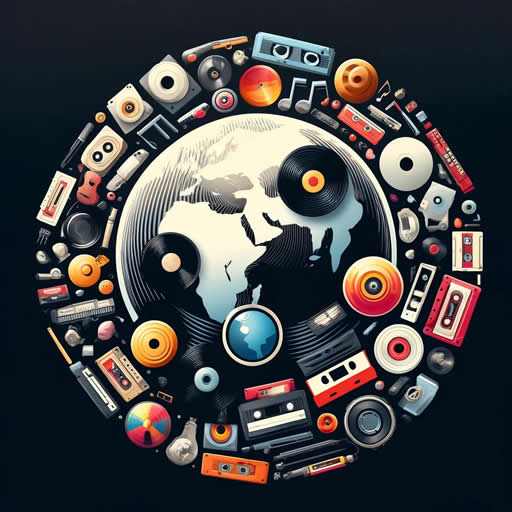The Beatles’ Last Concert: A Historic Moment at Candlestick Park
The Beatles’ last official concert took place on August 29, 1966, at Candlestick Park in San Francisco, California. This performance marked the end of their era as a touring band, capping a grueling series of shows across North America. Their final 30-minute set was an understated yet pivotal moment in the history of music, marking the transition of The Beatles from a live touring band to studio innovators.
1966 North American Tour
The Candlestick Park concert was the last stop on a tour that spanned 13 dates, with 18 shows played in just over two weeks. Starting on August 12, 1966, the Beatles performed in major cities like Chicago, Detroit, Cleveland, Washington DC, Philadelphia, Toronto, Boston, and New York, among others. The relentless pace of this tour reflected the immense demand for the band, but it also highlighted the physical and emotional toll that touring had taken on them.
Challenges Faced During the Tour
- Unprecedented Fame: By 1966, The Beatles had reached a level of global stardom that few artists had ever achieved. Crowds were uncontrollable, and their performances were often drowned out by the deafening screams of fans.
- Controversy: John Lennon’s infamous comment about The Beatles being “more popular than Jesus” sparked backlash in the United States, including public record burnings and protests.
- Lack of Artistic Fulfillment: The band grew frustrated with the limitations of live performance. The lack of adequate sound systems and the chaotic environment made it nearly impossible to replicate the complexity of their studio recordings.
Setlist and Audience Reception
The setlist for the Candlestick Park concert included a mix of their hits and crowd favorites:
- Rock and Roll Music
- She’s a Woman
- If I Needed Someone
- Day Tripper
- Baby’s in Black
- I Feel Fine
- Yesterday
- I Wanna Be Your Man
- Nowhere Man
- Paperback Writer
- Long Tall Sally
Despite the historical significance of the show, the event felt surprisingly routine. It attracted a crowd of only 25,000 in a stadium with a capacity of 42,500. However, for those present, the performance was unforgettable, even if many were unaware it would be the band’s last.
The End of Touring
Reasons Behind the Decision
The Beatles decided to stop touring for several reasons:
- Safety Concerns: The chaotic and often dangerous nature of their tours made them feel vulnerable.
- Exhaustion: The relentless schedule left the band physically and emotionally drained.
- Creative Growth: They wanted to focus on studio work, which offered greater freedom to experiment and evolve their sound.
Legacy of Their Studio Work
After Candlestick Park, The Beatles retreated to the studio, creating groundbreaking albums like Sgt. Pepper’s Lonely Hearts Club Band, The White Album, and Abbey Road. Their post-touring years solidified their reputation as musical innovators, pushing the boundaries of what popular music could achieve.
Candlestick Park: The Final Curtain Call
The significance of the Candlestick Park concert wasn’t immediately apparent. The Beatles themselves treated it as just another show, although Paul McCartney reportedly asked their press officer to take photographs of the event. No professional recording of the full performance exists, adding to the mystique of this historic moment.
Reflections on the Final Concert
For The Beatles, the Candlestick Park concert symbolized the end of an exhausting chapter. For fans, it was the last chance to see the band in their raw, live form. This farewell performance marked the conclusion of their early career while laying the groundwork for their unparalleled creative achievements in the studio.
Conclusion
The Beatles’ final concert at Candlestick Park stands as a testament to the end of an era. It marked the conclusion of their live performances and the beginning of a new phase of artistic exploration. This concert remains a poignant reminder of their impact on music history and their enduring legacy as one of the greatest bands of all time.
